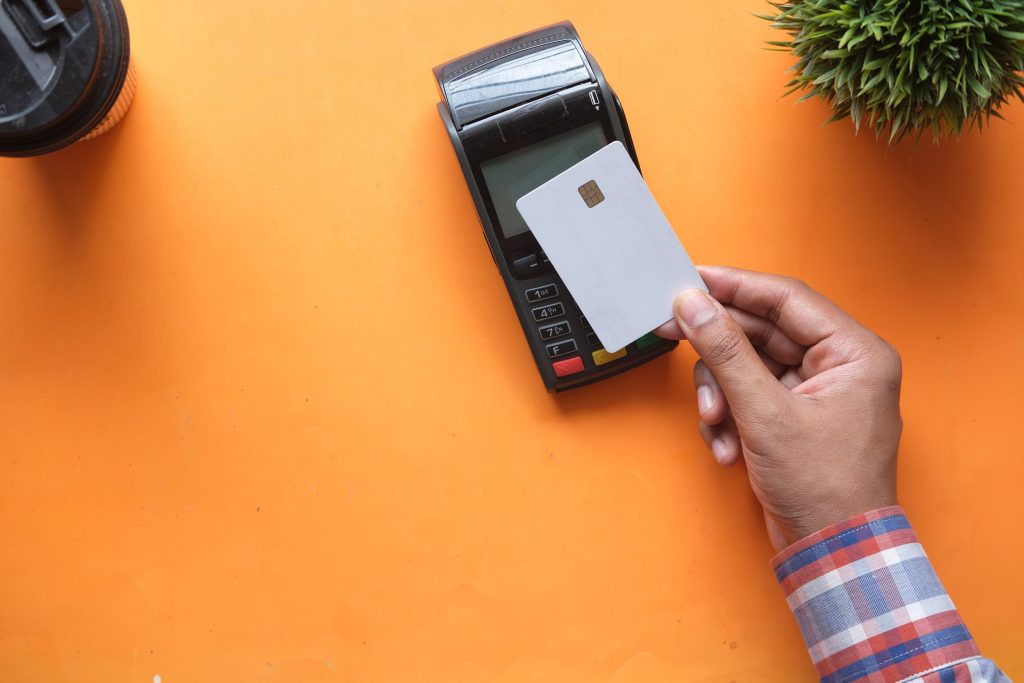Understanding Tipping in the UK
Tipping can be a complex matter in the UK. When should you tip? Whom should you tip? And how much is appropriate?
With COVID-19 transitioning to an endemic state and global travel restrictions easing, tourists are returning to the UK. Consequently, understanding the local tipping etiquette is essential. Recognising the positive impact of tipping, especially during these challenging times, can significantly support the hospitality sector.
New Guidelines on Tipping: The UK government has introduced legislation ensuring transparent tipping practices. This guarantees that tips and service charges go directly to the service staff. A new Code of Practice is being developed to ensure the fair distribution of these amounts.
A Brief Guide on Tipping:
Restaurants and Bars: Tipping is a common practice in UK restaurants. Some establishments include a service charge on the bill, which can be used as your tip. However, for exceptional service, you can choose to leave an additional amount. With the rise of cashless payments, QR codes for tipping are becoming more prevalent, ensuring your tip goes directly to the staff. Generally, a tip between 10-20% of your bill is suggested, but it may vary depending on the type of establishment.
Salons: It’s customary to tip after receiving services like hairdressing or beauty treatments. Many salons have adopted QR codes for each stylist, simplifying the tipping process. If unsure about the amount, a tip of 10% or more for excellent services is appreciated.
Hotels: Tipping in hotels can vary. Leaving a token of appreciation for cleaning staff is common. For services like luggage assistance or room service, an extra £3-£5 is customary.
Events and Experiences: When attending events or tours, acknowledging the staff contributing to your experience is a kind gesture. Depending on the quality of service, a tip between 10-15% is suggested.
Taxis: For taxis, if it’s a metered fare, many passengers round up to the nearest pound or let the driver “keep the change.” Most taxis now come equipped with card payment machines that also allow for tipping. For exceptional service, like helping with luggage or providing local recommendations, a tip of 10-15% is recommended.
In Conclusion:
Whether to tip or not largely depends on your satisfaction with the service provided. With the hospitality sector still recovering from recent challenges, tipping can be a genuine support for many earning a basic wage. If you’re pleased with your experience, a tip can be a great way to express your appreciation.


